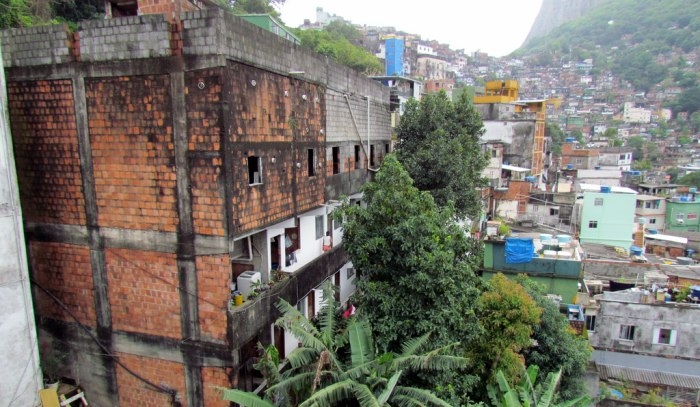
A media training program titled “Citizen Health Journalism” had both positive and negative results. A new study by Stuart Davis of Texas A&M International University looks at an experiment from 2013 where community health workers from the favelas of Rio de Janeiro were trained to create citizen health journalism.
The classes were organized by an NGO called Viva Rio. They were set up to utilize the unique life and professional experiences the health workers had, in order to produce valuable observations about their communities. In the article, the author analyses the training materials and observed the participants of the course.
The experiment had both positive and disappointing results. Firstly, creating a course can make starting journalism projects more accessible and easier for beginning citizen journalists.
However, the project did not reach its goal of inspiring health workers to begin to act as citizen journalists after finishing the classes. Trainers faced some resistance and lack of understanding, thus reverting to encourage students to use traditional reporting tactics. Having a tight curriculum might therefore even discourage citizens to start producing journalism, Davis writes. By having more time and continued encouragement, the project could have been more succesful, the author concludes.
The article “Citizen Health Journalism” was recently published in Journalism Practice and is available online (abstract public).
Picture: Riocinha Favela by David Berkowitz, license CC BY 2.0